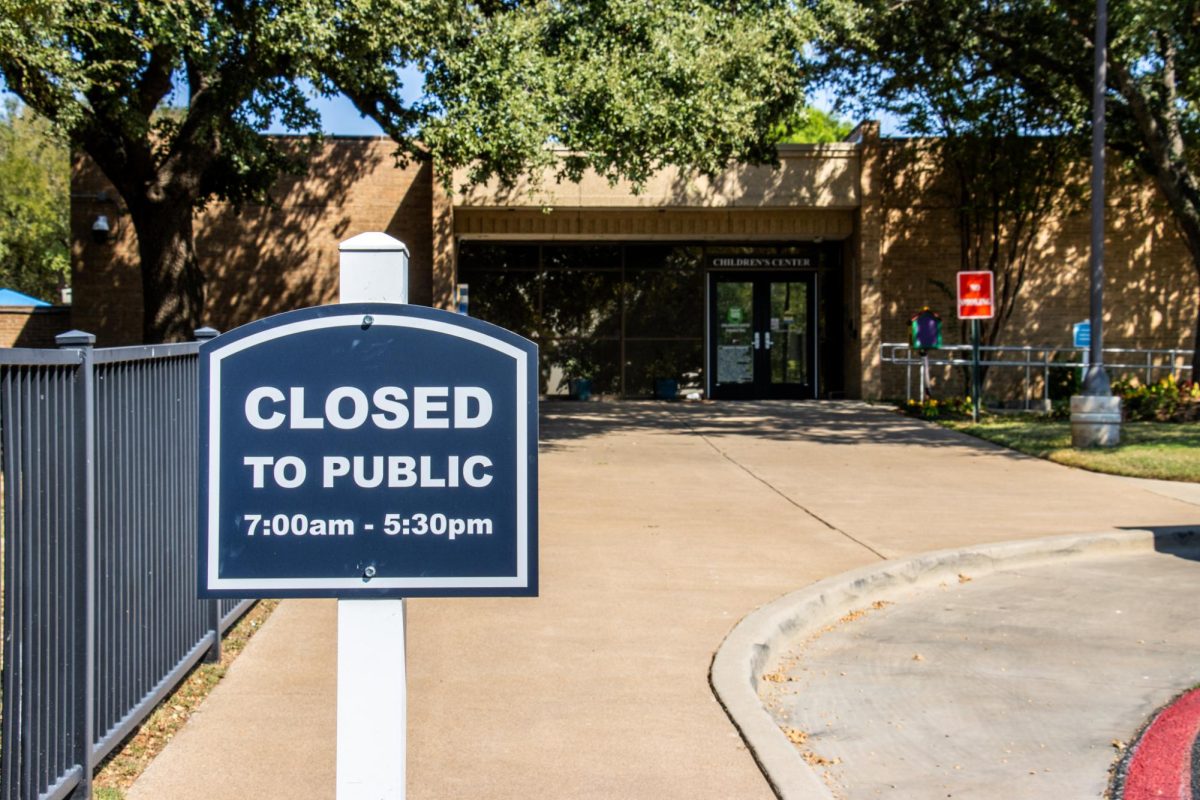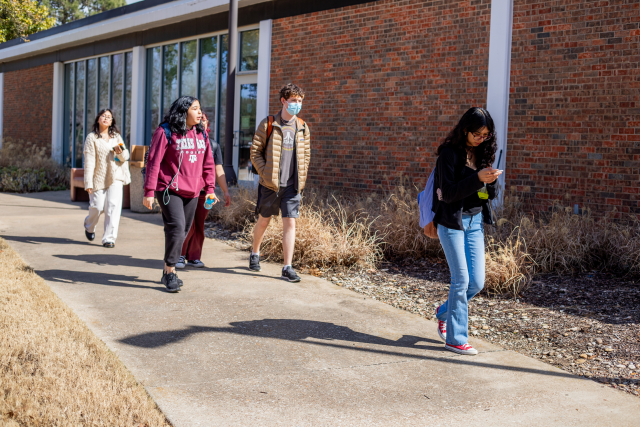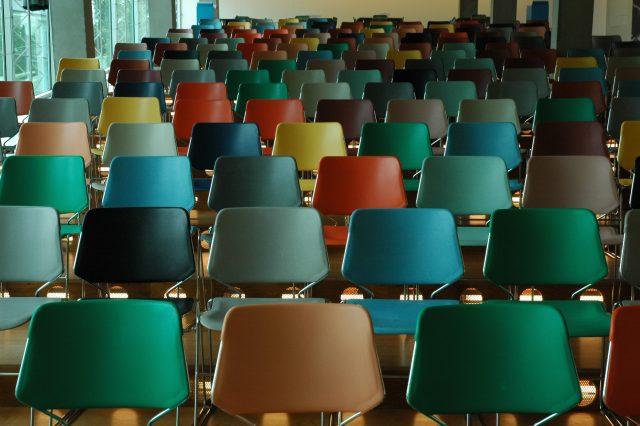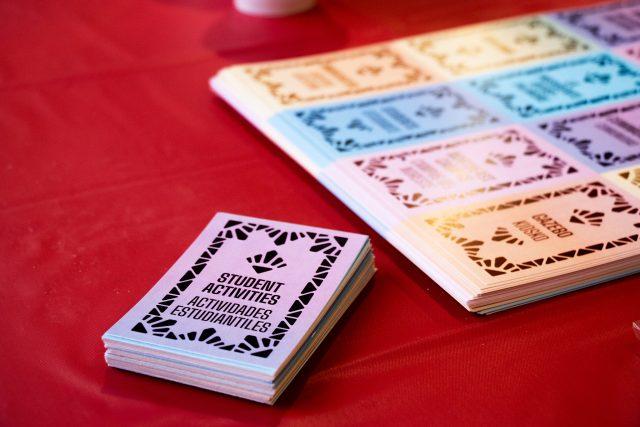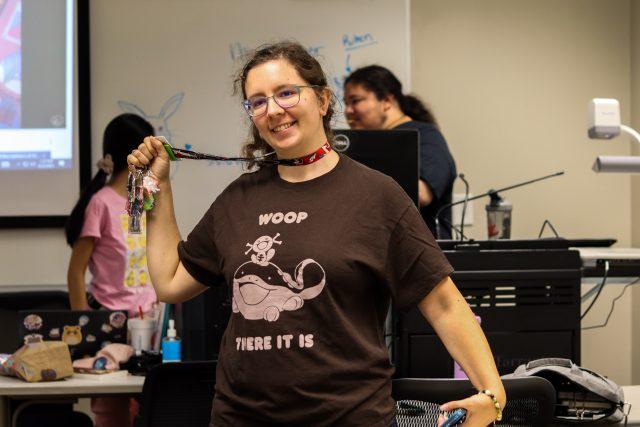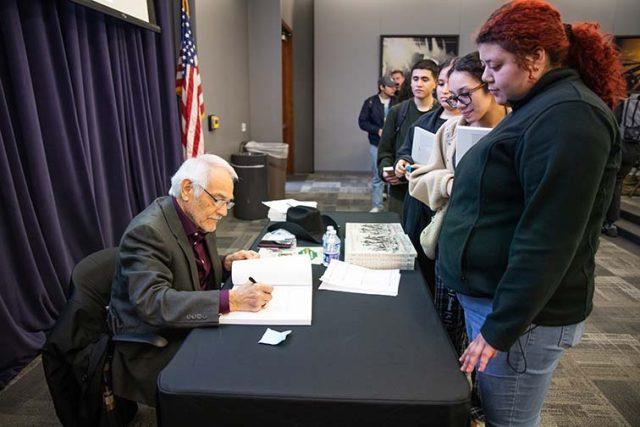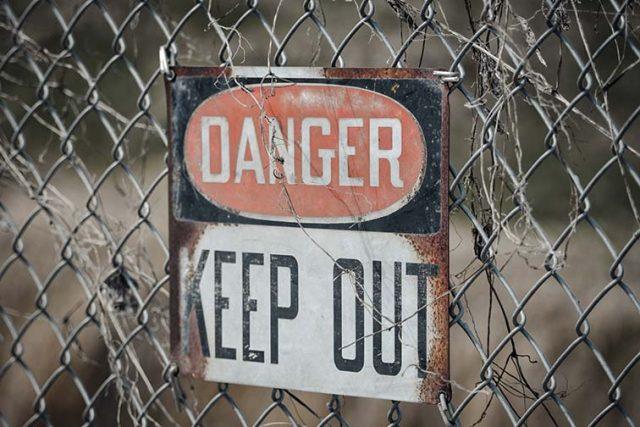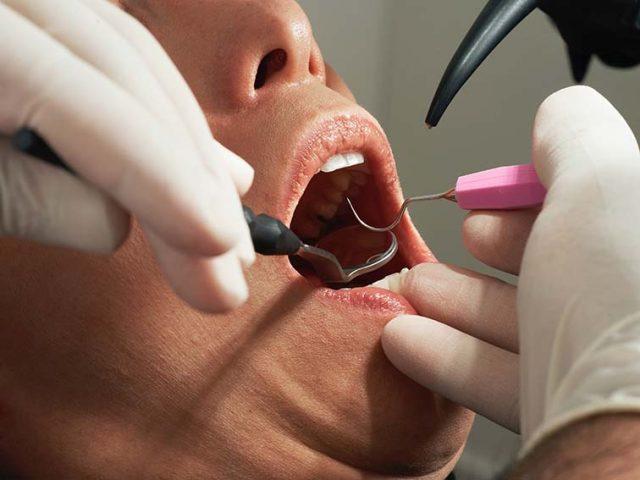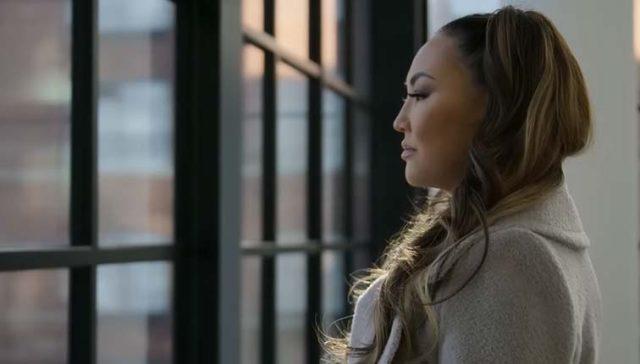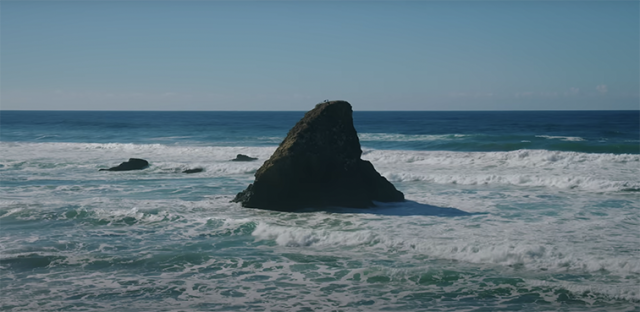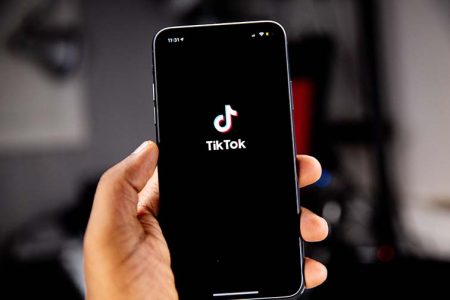
HOPE SMITH
managing editor
hope.smith393@my.tccd.edu
Due to a federally-mandated ban, students who use TikTok weigh in on the possible effects.
UT Austin, Texas A&M, UTA and others have already implemented this restriction at the beginning of their spring semester.
The restriction targets TikTok access on school provided WiFi and devices, an action pushed forward by the State Agencies letter sent on Dec. 7, 2022, by Gov. Greg Abbott explaining security risks regarding TikTok’s data collection and requiring every state agency to implement the restriction on any state-issued device before Feb. 23, 2023.
The question then becomes what TCC will do in regards to this requirement, but until it is confirmed, NE student Colbie Ratcliff has expressed that she understands the reasoning behind it.
“I do know that they [TikTok] collect a lot of your data,” Ratcliff said.
Along with Greg Abbott’s letter to State Agencies, Congress had banned TikTok on federally-owned devices.
Many of the concerns prompting the restriction on TikTok include the collection of information and possible security risks. NE instructional associate Johnathan Adamson theorized that if TCC were to implement the restriction, one option would be a security software to block the TikTok URL.
“You can configure your network to block your URL such that devices on the network can not detect it,” said Adamson.
He explained that configuring would happen if they knew what IP address to block. In this case, he said the security software would block the IP, stopping it from being recognized by the browser and therefore inaccessible under the instructions of the security software.
Though a security software could block TikTok’s URL, Adamson brought up the use of VPNs.
Through VPNs, he said URLs would become disguised to access the network and in turn would pass through to access. The way around that, he said, may be that a software would recognize heavy traffic through an unrecognized address, leading to the blocking of that VPN.
NE student Amber, who did not want to disclose her last name, explained that colleges would have reason to push for a restriction, but acknowledged that there were also other things that could’ve had the same attention.
“I feel like colleges have good incentive to block said sites—since they take up so much bandwidth and network traffic—but I would then feel like blocking far more sites is necessary,” she said.
Amber said increasing security against possible safety issues with TikTok was more than likely due to legality and less about security.
“I’m not convinced that banning Tiktok is anything more than the university trying to protect itself from legal liability at the helm of Greg Abbott,” she said. “It is then progressive, since the objective is to keep the college from being sued. There are a number of good reasons that they should have banned this and several other platforms a long time ago. Instead, they waited until they were under intense heat to do so.”






















